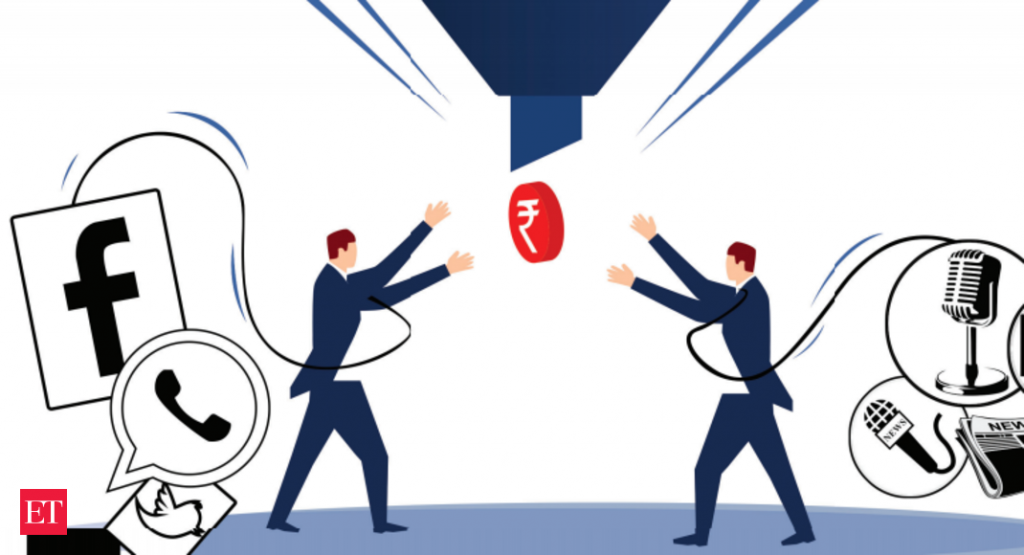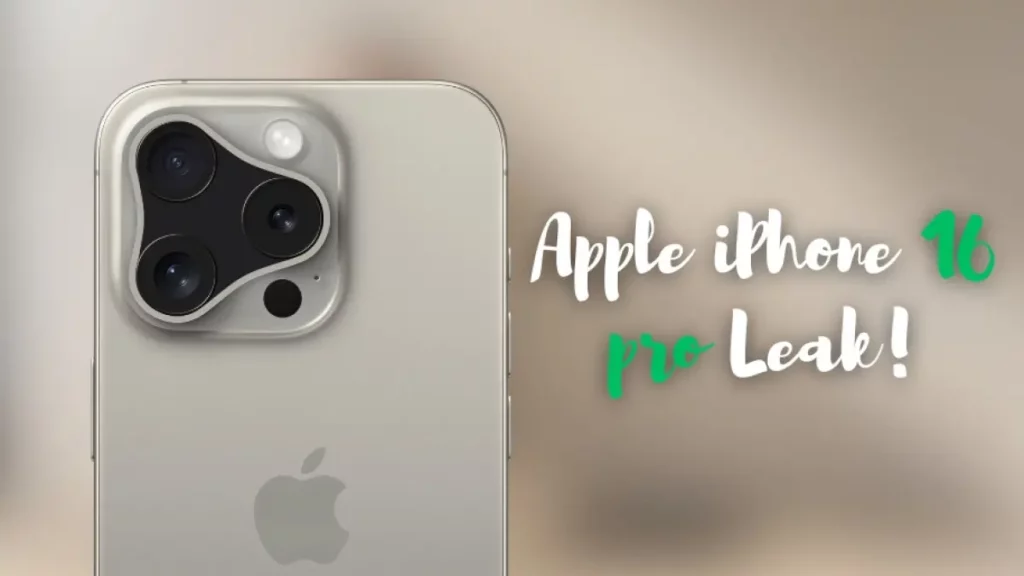View: A legislation for news media aggregators

Australian Prime Minister Scott Morrison has called his Indian counterpart Narendra Modi to discuss the world, the weather, the Quad alliance that includes the two countries along with US and Japan, and the samosas they could not share because a planned physical meeting had to be converted into a virtual bilateral summit last June on account of Covid-19. Morrison also brought up Australia’s pioneering law to make Google and Facebook pay for the content they display.The Australian PM would like India to join his crusade to level the playing field for the tech giants that aggregate content and the creators of the content who spend money on it, only to see the aggregators harvest the advertising revenue associated with the content. India should respond favourably. In the official readouts of the two leaders’ statements, the Australian side explicitly mentions the News Media and Digital Platforms Mandatory Bargaining Code Bill, currently being legislated in Australia, much to the chagrin of tech giants, whereas Prime Minister Modi’s statement contains no mention of the media platforms bill. India should decide to create similar legislation and inform the Australian government of its solidarity on this front, without losing time.Google and Facebook together account for 68-75% of online advertising revenue across most jurisdictions. Amazon has muscled into the market and now accounts for 9.5% in the US. This leaves media companies with less of what used to be the lifeblood of a thriving media: advertising revenue.Facebook and Google claim that they are doing news media a service by bringing readers to their sites. That hordes of readers are led to their stories by Google search and Facebook share is, no doubt, a source of much vicarious pleasure to media houses, but vicarious pleasure does not pay the bills. For that, the media companies need a fair share of the money advertisers spend on the audiences that flock to their content. It is the absence of such sharing that threatens the survival of many publications and has triggered regulatory remedies in Brazil and France and a full-fledged law in Australia to compel media platforms to entertainment o revenue-sharing agreements with creators of news content.Google initially threatened to leave the Australian market. After all, $4 billion is a tolerable sacrifice for a company that made $181 billion last year, to defend its position that everyone is allowed to link for free anywhere on the internet. However, it has changed its mind and struck a deal with Australia’s press baron Rupert Murdoch to pay him for showcasing the content of his publications. Google has struck such deals in other parts of the world, too. Facebook, too, tried to brazen it out. It removed Australian news from what was shared on its platform, but has reportedly had second thoughts. Facebook has “friended” us again, Morrison told a news conference on Saturday.Perhaps, Microsoft’s support for the Australian bill was altogether immaterial to these decisions, perhaps not. Microsoft has a search engine, Bing, and social media aspirations. It owns LinkedIn and wanted to buy TikTok in the US. It has no dearth of cash to back up these ambitions. Neither Google nor Facebook has any reason to walk out and leave open an empty field for Microsoft to walk in and occupy. Big Tech seems to have decided to tell the world that there is no such thing as Big Tech. Its individual members are going after one another in a visible display of mutual hostility. Apple has thrown the gauntlet at Facebook. Mark Zuckerberg has scooped it up and draped the banner of defender of small business over his shoulder, while calling Apple’s concern for user privacy as self-serving humbug. Apple’s next operating system upgrade promises to raise an alert when Facebook and its ilk track an Apple phone owner’s online peregrinations and ask whether to allow such tracking.Facebook is able to serve very targeted ads to its users because it harvests data on its members’ online behaviour from apps that share space with it on the phone or tablet, downloaded from App Store and Google Play. If Apple’s operating system allows users to block such tracking, it could dent Facebook’s ability to serve ads for haleem to food lovers and those for chanderi to fashionistas. It claims that depriving it of access to member tastes would deny its multitude of small businesses the ability to target ads to those receptive to what they have to offer. If a maker of tank tops ends up displaying its ads to avid watchers of the progress of DRDO’s Arjun, Facebook argues, Apple would be to blame and, thus, responsible for hurting the small entrepreneur. Whether these battles among tech titans are for real or a ruse to reduce US Congress’ hostility to Big Tech by claiming that Big Tech is maya, illusion, the battle between news media and content aggregators is real, and a matter of life and death for media. If democracy depends on the existence of a vibrant news media, it is essential that Google and Facebook share revenue with creators of the content they display to attract eyeballs and advertisers. India should give this imperative the backing of law. The move would not only strengthen domestic news media but also solidify the relationship with an important member of the Indo-Pacific grouping that India has every reason to value.
Read More
Be the first to write a comment.







